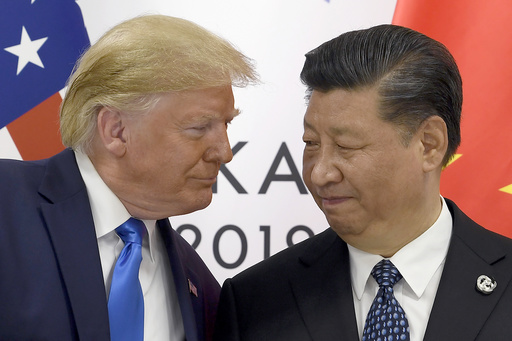Picture this: Donald Trump, sworn in as president on January 20 at the US Capitol, while a high-profile guest—Chinese leader Xi Jinping—sits among VIPs, observers, and members of Congress. This scenario was always implausible, and sources confirmed Thursday that Xi will not attend Trump’s second inauguration. Still, Trump’s invitation, despite being declined, offers insight into his audacious diplomatic style as he begins a new term.
Trump’s move to invite Xi was remarkable. A visit would have forced Xi into a position at odds with his domestic and global narrative, effectively endorsing democratic transitions of power and deferring to the pomp of American authority. It would also leave him subject to Trump’s unpredictable rhetoric with no opportunity to respond. For Xi, this would be politically untenable as it conflicts with his image of China as a rising global superpower unwilling to defer to the United States.
Unpredictable Diplomacy, Strategic Gambit
The invitation underscores Trump’s confidence in his ability to wield diplomacy through grand gestures. This unconventional approach has been a hallmark of his foreign policy, which often bypasses norms and thrives on unpredictability. According to Lily McElwee, deputy director at the Center for Strategic and International Studies, the invitation to Xi is a “symbolic carrot,” designed to disrupt the tenor of US-China relations without undermining US interests.
The move also highlights Trump’s belief that his personal rapport with foreign leaders can yield breakthroughs. While such strategies rarely succeed with adversaries driven by national interest, Trump has repeatedly employed them with leaders like Russian President Vladimir Putin, Turkish President Recep Tayyip Erdo?an, and North Korean leader Kim Jong Un.
A Hawkish Administration with Mixed Signals
Trump’s overture to Xi comes against the backdrop of an administration preparing to intensify its tough stance on China. His picks for key positions, including Sen. Marco Rubio as Secretary of State and Rep. Mike Waltz as National Security Adviser, are deeply hawkish, framing China as an economic, military, and strategic adversary.
At the same time, Trump’s unpredictable maneuvers complicate this stance. His past actions—like attempting to establish a personal rapport with Xi—contrast sharply with his rhetoric accusing China of exploiting the US economy. His first-term trade war with China, including the Phase One trade deal in 2019, yielded little lasting impact. While Trump hailed the deal as “historic,” it ultimately failed to deliver structural economic reforms or the large-scale purchases of US goods that had been promised.
Trade Wars and Economic Risks
Trump’s return to hardline trade policies could escalate tensions. Beijing, aware of the potential for a renewed trade war, is already bracing for impact. It recently launched an antitrust investigation into US chipmaker Nvidia, restricted rare mineral exports, and introduced measures to shore up its economy. Yet, a trade war would hurt both sides—raising prices for US consumers while exacerbating China’s vulnerabilities, such as overcapacity and weak domestic demand.
A Bold Opening Move
While Xi’s RSVP may be a snub, Trump’s invitation sets the stage for a dramatic reshaping of US-China relations. It signals his intention to approach diplomacy as a strategic game, using unpredictability to keep adversaries on edge. Whether this tactic will yield meaningful outcomes or repeat the inconsistencies of his first term remains to be seen.
Ultimately, Trump’s gambit reflects his preference for headline-grabbing diplomacy over conventional strategy, reaffirming his belief in the power of personal relationships and bold moves in defining America’s role on the global stage.
